House GOP Tries to Ban FCC’s Net Neutrality Enforcement; Rider Would Prohibit Oversight of Data Caps
 House Republicans are hoping a back door legislative maneuver will successfully block the Federal Communications Commission from enforcing Net Neutrality and regulating or banning data caps.
House Republicans are hoping a back door legislative maneuver will successfully block the Federal Communications Commission from enforcing Net Neutrality and regulating or banning data caps.
The GOP is fighting to deliver a death-blow against Net Neutrality in a rider attached to an important financial services appropriations bill. If adopted, this single sentence would effectively kill Net Neutrality enforcement and allow providers to adopt data caps and usage-based billing without any regulatory oversight from the FCC:
None of the funds made available by this Act may be used to regulate, directly or indirectly, the prices, other fees, or data caps and allowances (as such terms are described in paragraph 164 of the Report and Order on Remand, Declaratory Ruling, and Order in the matter of protecting and promoting the open Internet, adopted by the Federal Communications Commission on February 26, 2015.
The rider, in effect, makes it illegal for the FCC to protect customers upset about usage-capped Internet. It would also prevent the FCC from intervening if a provider wrongly charged overlimit fees to customers.
The spending measure is being fast-tracked through Congress and is considered a “must-pass” bill, with or without any attached riders. If legislators do not pass the omnibus measure by Dec. 11, it could result in another government shutdown.
The tactic is part of a broader move by several House Republicans to curtail the FCC’s oversight authority by threatening to dramatically cut the agency’s budget.
The anti-Net Neutrality rider has not gotten a lot of attention over the Thanksgiving holiday and was overshadowed by two other priorities of House Republicans that are getting more press attention: making it more difficult for Syrian and Iraqi refugees to resettle in the United States and a measure to strip federal funding for routine medical services performed by Planned Parenthood.
Rep. Barbara Lee (D-Calif.), a member of the House Appropriations Committee, released a statement condemning the Republicans for their “extreme agenda,” using procedural tricks to override the FCC and steamroll over nearly four million Americans that wrote the agency demanding Net Neutrality.
The Republican rider would effectively give a green light to Comcast to move forward with nationwide data caps, no longer fearing a potential FCC investigation that could eventually lead to a prohibition of compulsory usage-based billing.
Stop the Cap! urges all of our readers to visit this Free Press campaign page to get the phone number of their local representative and take five minutes to let them know you “vehemently oppose Net Neutrality riders being placed in a must-pass government-funding bill.” Tell your congressman you want the FCC’s authority left intact and you support their oversight of broadband. That is literally all you need to say.


 Subscribe
Subscribe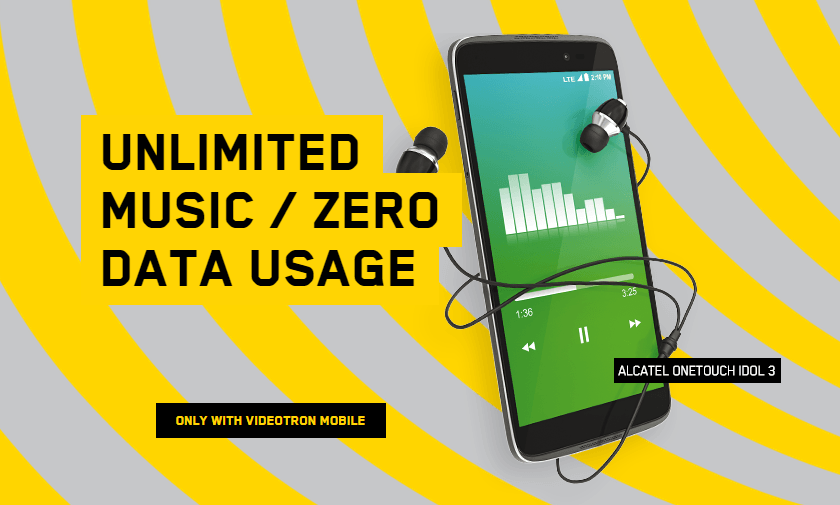 The Canadian Radio-television and Telecommunications Commission is asking some hard questions of Quebec-based mobile provider Vidéotron, which began zero-rating preferred partner music streaming services last summer that allow customers to stream all the music they want without it counting against their data cap.
The Canadian Radio-television and Telecommunications Commission is asking some hard questions of Quebec-based mobile provider Vidéotron, which began zero-rating preferred partner music streaming services last summer that allow customers to stream all the music they want without it counting against their data cap. Observers say zero-rating enhances a customer’s perception that data has a measurable financial value, often arbitrarily assigned by competitors in a marketplace. If providers charge an average of $10 per gigabyte, customers will gradually accept that as the base value for wireless data, despite the fact many providers used to sell unlimited data plans for around $30. Zero rating content can be used in marketing campaigns to suggest customers are getting added value when a provider turns off the usage meter while using those services. Stream 3GB of music and a provider can claim that has a value of $30, but provided to you at “no charge.”
Observers say zero-rating enhances a customer’s perception that data has a measurable financial value, often arbitrarily assigned by competitors in a marketplace. If providers charge an average of $10 per gigabyte, customers will gradually accept that as the base value for wireless data, despite the fact many providers used to sell unlimited data plans for around $30. Zero rating content can be used in marketing campaigns to suggest customers are getting added value when a provider turns off the usage meter while using those services. Stream 3GB of music and a provider can claim that has a value of $30, but provided to you at “no charge.” Comcast is inviting controversy launching a new live streaming TV service targeting cord-cutters while exempting it from its own data caps.
Comcast is inviting controversy launching a new live streaming TV service targeting cord-cutters while exempting it from its own data caps.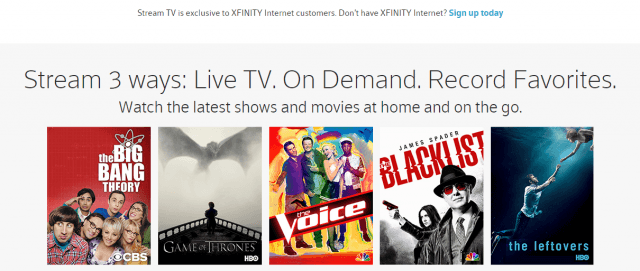
 Comcast claims it is reasonable to exempt Stream TV from its 300GB data cap being tested in a growing number of markets.
Comcast claims it is reasonable to exempt Stream TV from its 300GB data cap being tested in a growing number of markets.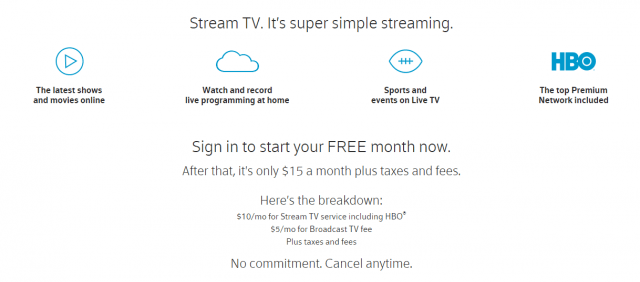
 If you make a voice or video call over Rogers’ wireless network using Skype, you will chew into your monthly data plan. If you make the same phone call over Rogers’ Voice over LTE network, your data allowance is safe.
If you make a voice or video call over Rogers’ wireless network using Skype, you will chew into your monthly data plan. If you make the same phone call over Rogers’ Voice over LTE network, your data allowance is safe. That could suggest a potential Net Neutrality violation for one of Canada’s largest cellular providers because
That could suggest a potential Net Neutrality violation for one of Canada’s largest cellular providers because 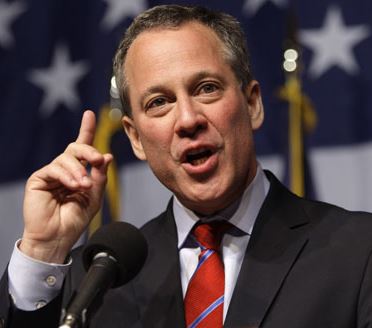
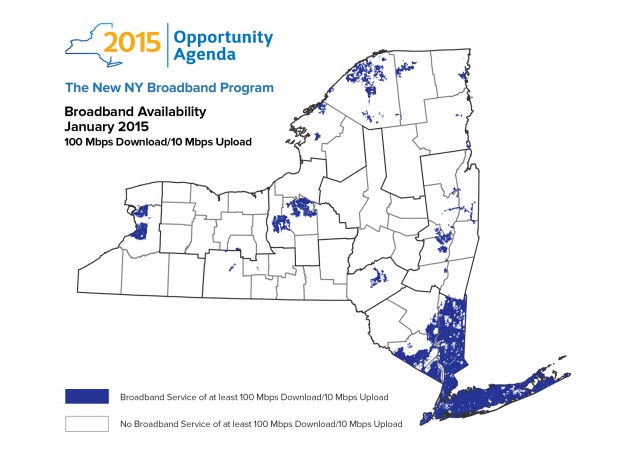 The attorney general’s investigation is particularly focused on so-called interconnection arrangements, or contractual deals that Internet service providers strike with other networks for the mutual exchange of data.
The attorney general’s investigation is particularly focused on so-called interconnection arrangements, or contractual deals that Internet service providers strike with other networks for the mutual exchange of data.